Hyaluronic Acid: Why You Need It & How to Use

Hyaluronic acid has become a buzzword in the skincare world, and for good reason. This naturally occurring molecule boasts remarkable abilities to retain moisture, making it a coveted ingredient for achieving youthful, hydrated skin. In this comprehensive guide, we'll delve into the benefits of hyaluronic acid for skin of all types, explore the difference between synthetic and natural hyaluronic acid, and provide tips on incorporating it into your skincare routine for maximum effectiveness.
What is Hyaluronic Acid?
Hyaluronic acid, often abbreviated as HA, is a carbohydrate molecule found throughout the body and skin. Its exceptional moisture-retaining properties have made it a star ingredient in the skincare industry. As a naturally occurring humectant, HA draws in and locks moisture into the skin, acting as a hydration powerhouse. With the ability to retain up to one thousand times its weight in water, hyaluronic acid functions as a vital component in maintaining skin hydration and preventing moisture loss[1]
Synthetic vs. Natural Hyaluronic Acid
While hyaluronic acid occurs naturally in the body, it is also produced synthetically for use in skincare products. Understanding the difference between synthetic and natural hyaluronic acid is essential for making informed skincare choices:
Natural Hyaluronic Acid
Derived from natural sources such as plants, natural hyaluronic acid boasts all the benefits of its synthetic counterpart, with additional advantages. Its smaller molecular size allows it to penetrate the skin more effectively, providing deeper and more efficient hydration. Natural hyaluronic acid works harmoniously with the skin's own hyaluronic acid production, promoting optimal hydration and skin health[2]
Synthetic Hyaluronic Acid
Produced in a laboratory setting, synthetic hyaluronic acid mimics the structure of natural hyaluronic acid but may have limitations in terms of effectiveness and compatibility with the skin. Synthetic hyaluronic acid tends to sit on the surface of the skin, drawing moisture to the top layer but failing to lock it in effectively. Over time, this can lead to dehydration and compromised skin health[3].
The Benefits of Hyaluronic Acid for Your Skin
The benefits of natural hyaluronic acid for your skin are manifold, making it a must-have in any skincare arsenal. By incorporating natural hyaluronic acid into your routine, you can:
- Improve Skin Hydration: Hyaluronic acid draws moisture into the skin's surface layer, effectively improving hydration levels and combating dryness.
- Reduce Signs of Aging: Hyaluronic acid has been shown to diminish the appearance of fine lines and wrinkles, providing a more youthful complexion.
- Address Various Skin Concerns: From dullness to hyperpigmentation and volume loss, hyaluronic acid targets a range of skincare concerns, revitalising your skin's appearance.
- Enhance Skin Elasticity: By boosting hydration levels, hyaluronic acid can improve skin elasticity, promoting a firmer and more supple complexion.
- Soothe Facial Redness: The hydrating properties of hyaluronic acid can help reduce facial redness, leaving your skin looking calm and balanced[4].
Hyaluronic Acid For All Skin Types
Whether you have oily, dry, combination, or sensitive skin, hyaluronic acid can offer benefits tailored to your specific needs:
- Oily Skin: Hyaluronic acid can balance oil production while providing essential hydration to prevent moisture loss.
- Dry Skin: For dry skin types, hyaluronic acid restores moisture levels, alleviating tightness and flakiness.
- Combination Skin: Hyaluronic acid hydrates all areas of the skin without exacerbating oiliness, making it suitable for combination skin.
- Normal Skin: Even normal skin types can benefit from hyaluronic acid to maintain hydration levels and combat dullness.
- Sensitive Skin: A natural hyaluronic acid is proven to be better for sensitive skin verses a synthetic hyaluronic acid [5].
How to Incorporating Hyaluronic Acid into Your Skincare Routine
To harness the full potential of hyaluronic acid, consider incorporating it into your daily skincare regimen. Opt for a natural hyaluronic acid serum, which delivers targeted hydration and can be used morning and night. Apply a few drops of serum onto cleansed skin, gently patting it onto your face, neck, and chest until fully absorbed. Hyaluronic acid pairs well with other skincare ingredients such as vitamin C and retinol or retinal, making it a versatile addition to any routine[6].
The Best Hyaluronic Acid Skincare Products
To experience the benefits of hyaluronic acid firsthand, explore a range of natural and clean skincare products containing this powerhouse ingredient:
Hyaluronic Acid Serums: Look for serums that penetrate into the skin derma serface like Nuori Supreme-C Serum or Terra Tonics Cellular Hydration for intense hydration and rejuvenation.

Masks and Creams: Treat your skin to masks like Supreme Moisture Mask or creams like Nuori The One and Vital Facial Cream for lasting hydration and nourishment on the surface of your skin.

Eye Care: Target delicate eye areas with products like Nuori Vital Eye Cream or Pineapple Enzyme + HA Brightening Eyelift Serum to reduce fine lines and puffiness.

For the creme de al creme try Furtuna Skin Eye and Face Serum with its certified natural and organic skincare serum with its proven incredible results.

Conclusion: Embrace the Power of Natural Hyaluronic Acid
Hyaluronic acid's remarkable capacity to hydrate, plump, and revitalise the skin makes it a must-have in every skincare regimen. Avoid cheaper synthetic hash checmial versions and opt for products containing plant-based botanical hyaluronic acid, particularly beneficial for sensitive skin. Experience the difference for yourself and unlock radiant, youthful skin with the natural wonders of hyaluronic acid.
Discover more on our Frequently Asked Questions About Hyaluronic Acid.
References
1. Ghersetich, I., Brazzini, B., Lotti, T., & Hercogova, J. (2002). Hyaluronic acid in cutaneous intrinsic aging. International Journal of Dermatology, 41(3), 162-167.
2. Papakonstantinou, E., Roth, M., & Karakiulakis, G. (2012). Hyaluronic acid: A key molecule in skin aging. Dermato-Endocrinology, 4(3), 253-258.
3. Farwick, M., & Watson, R. (2012). Hyaluronic acid: Benefits for skin. In D. Bagchi & H. G. Preuss (Eds.), Nutritional Cosmetics: Beauty from Within (pp. 113-122). CRC Press.
5. Papakonstantinou, E., Roth, M., & Karakiulakis, G. (2012). Hyaluronic acid: A key molecule in skin aging. Dermato-Endocrinology, 4(3), 253-258.
6. Barefaced Truth. (2015, March 31). Hyaluronic Acid: Yes, Size Does Matter. http://barefacedtruth.com/2015/03/31/hyaluronic-acid-yes-size.


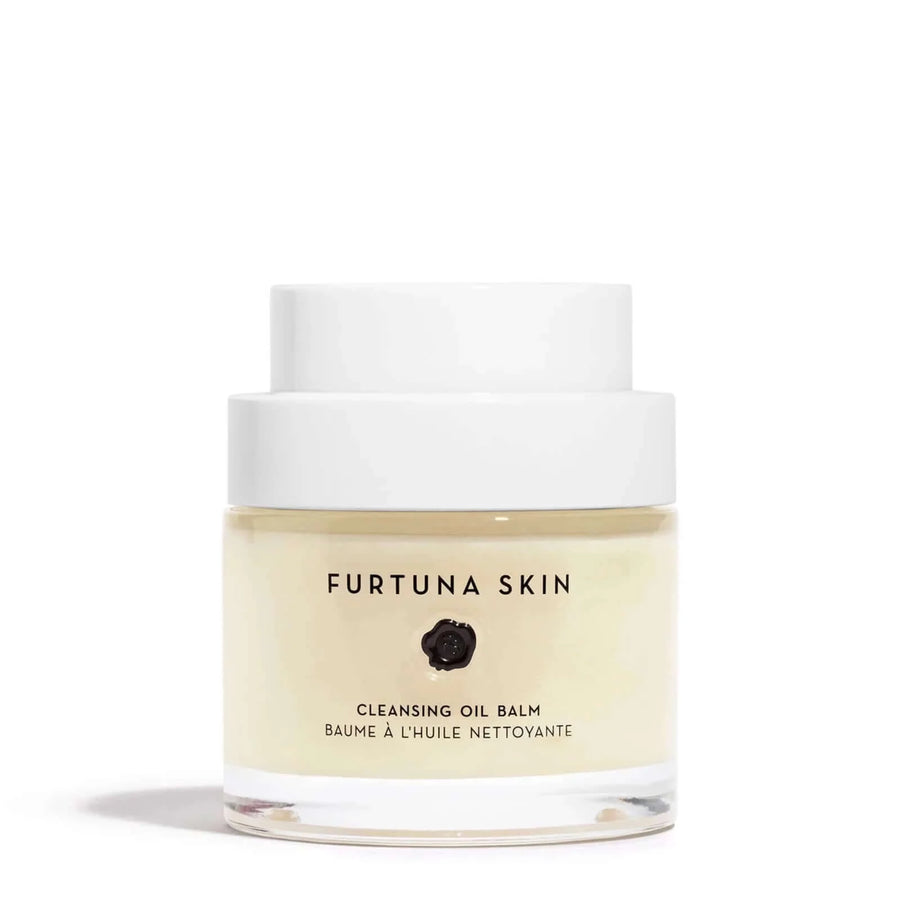
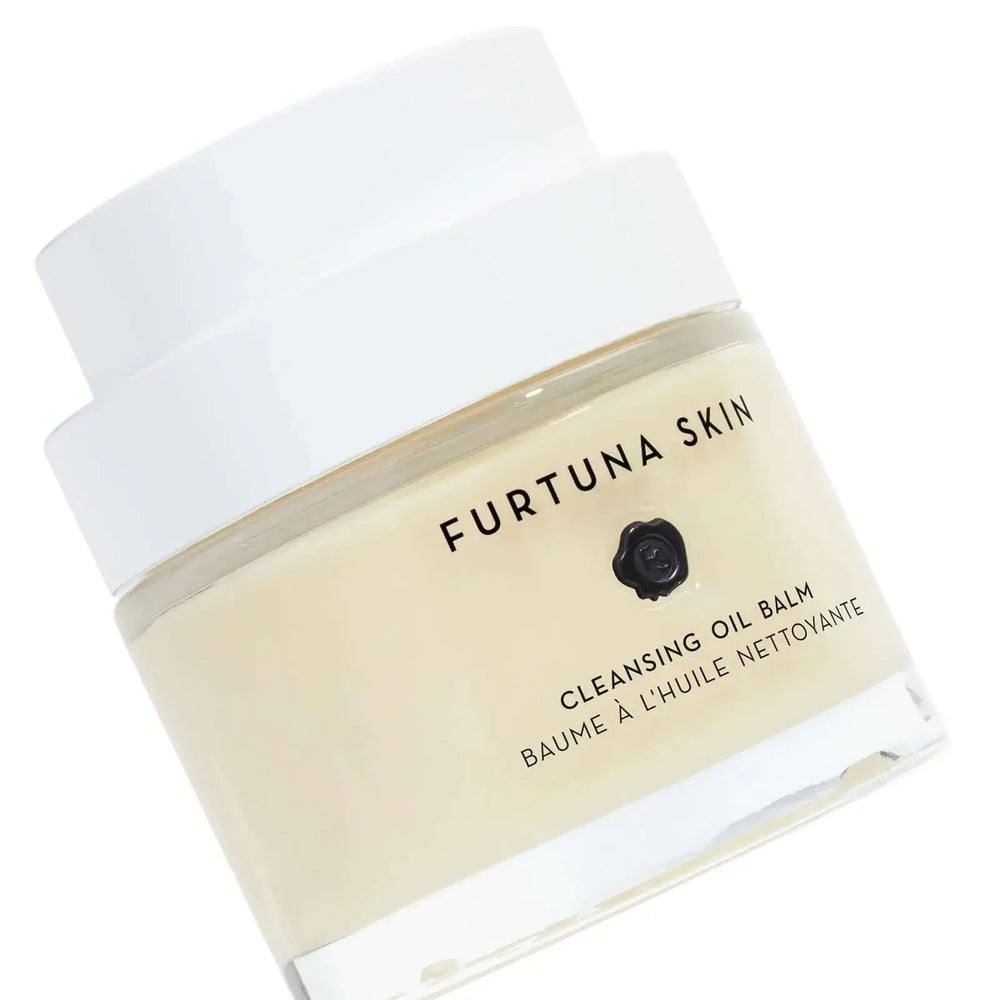
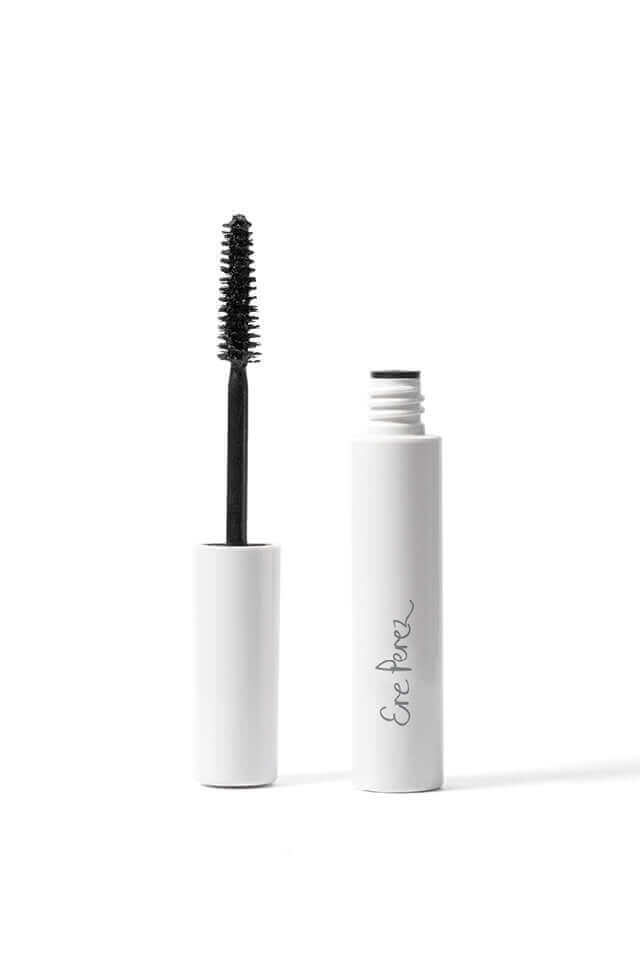
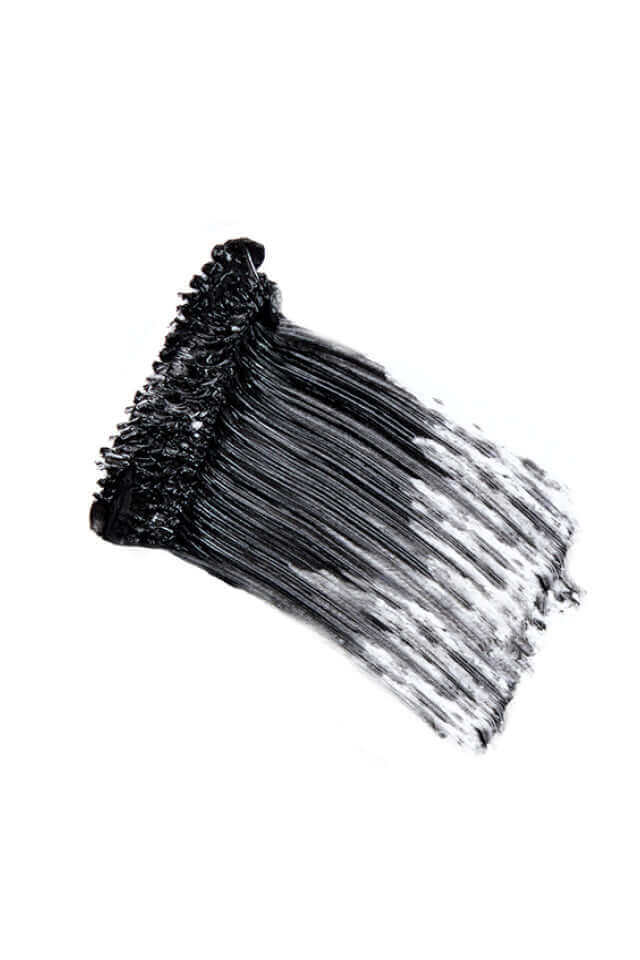
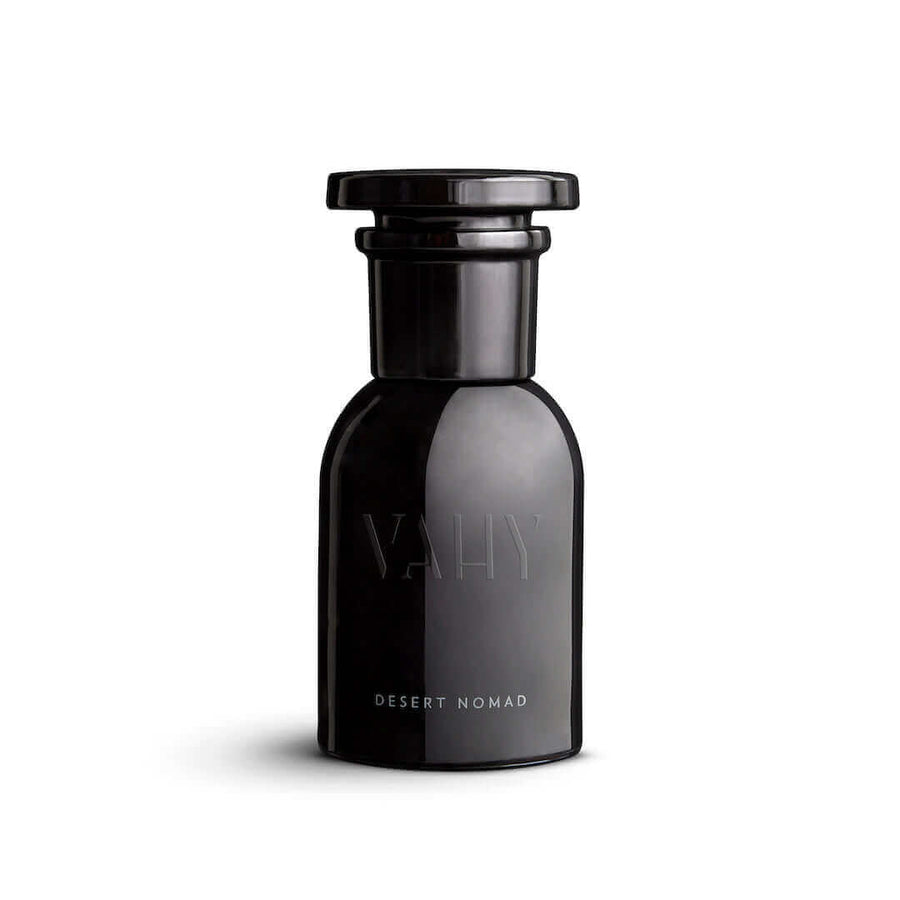
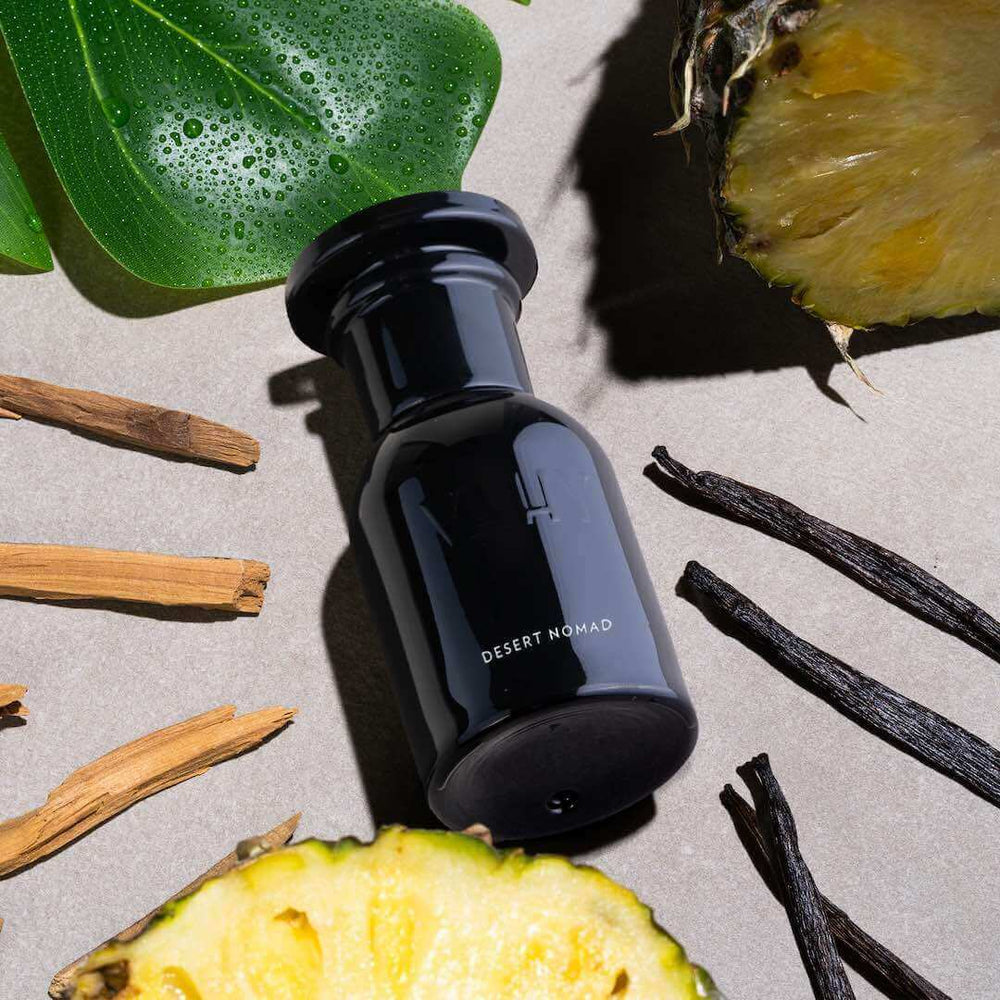


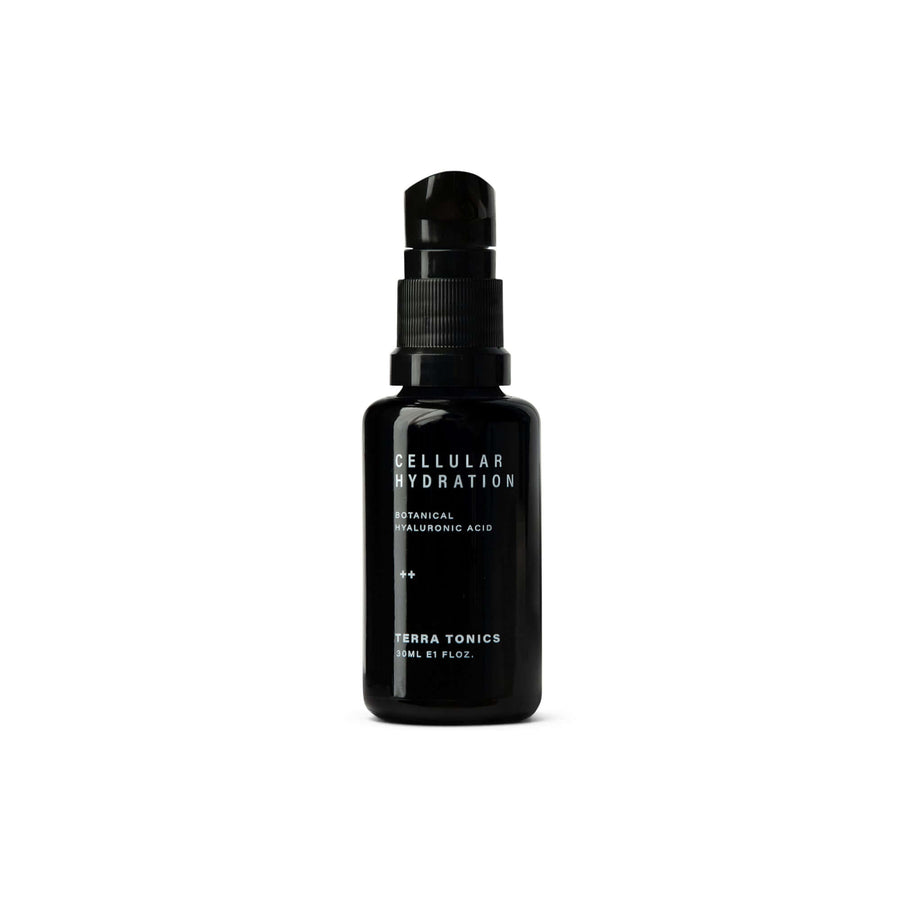
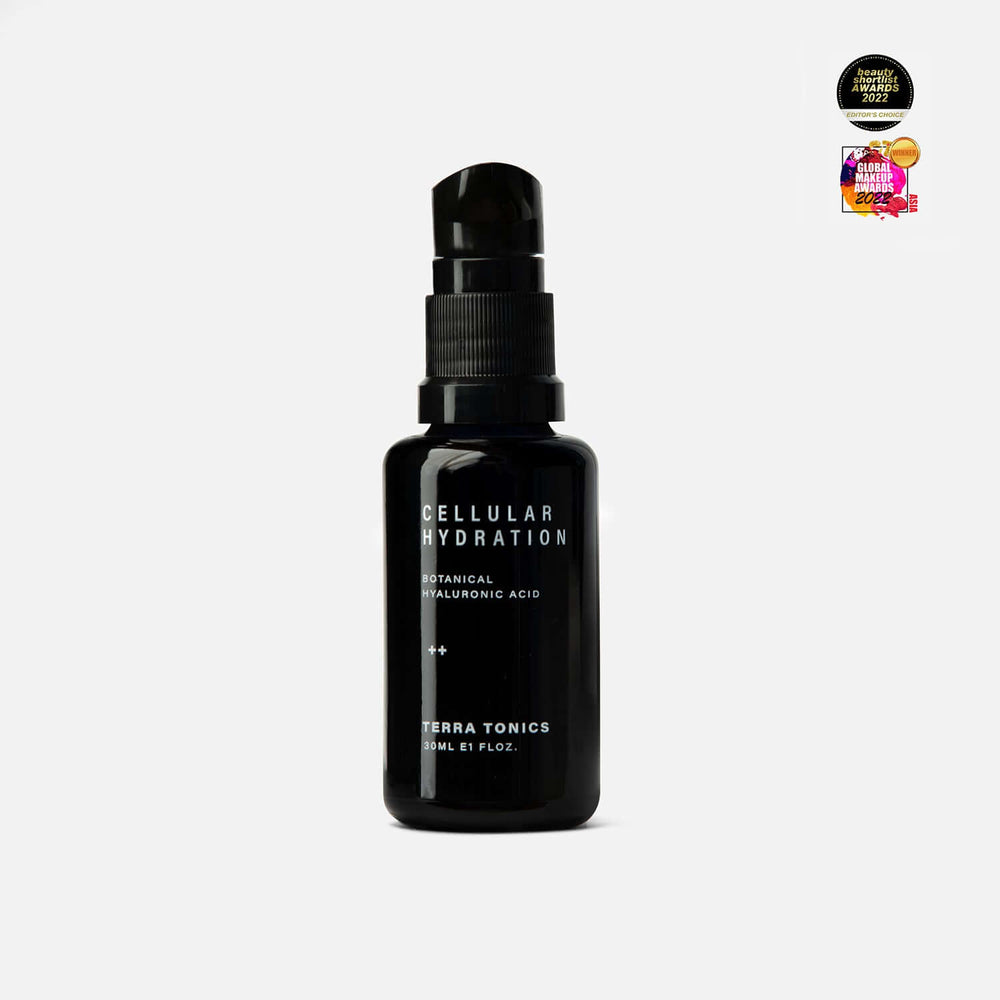
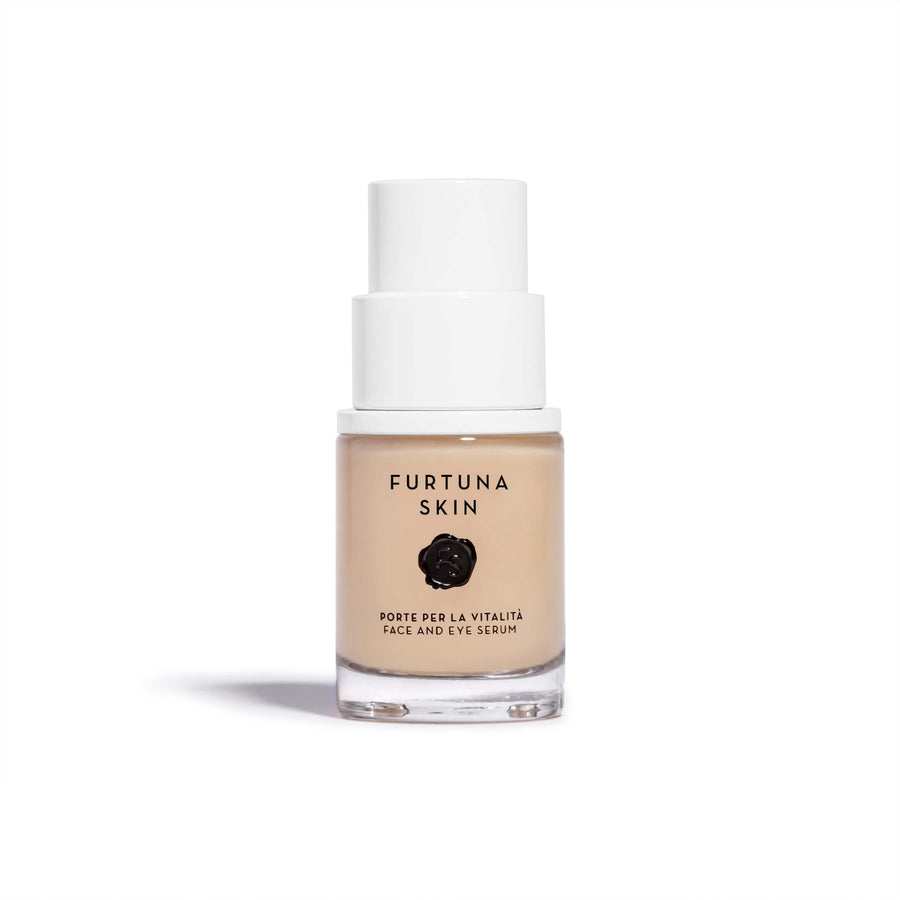

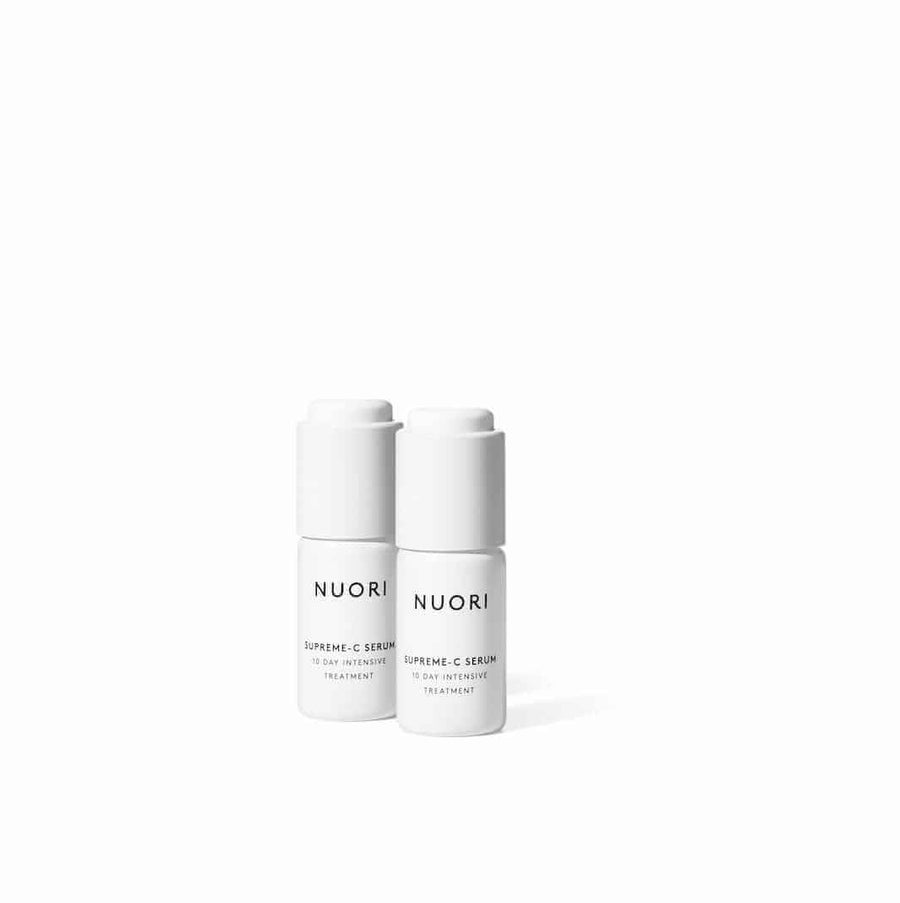
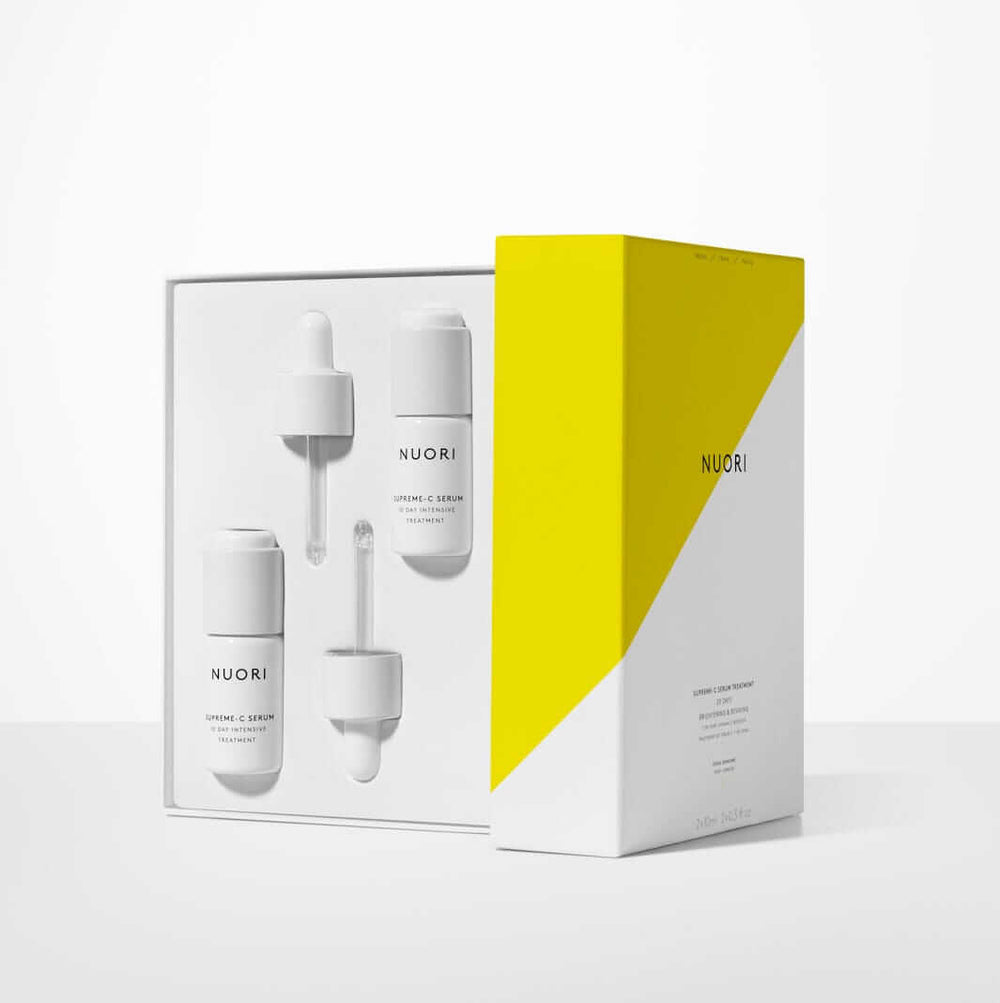
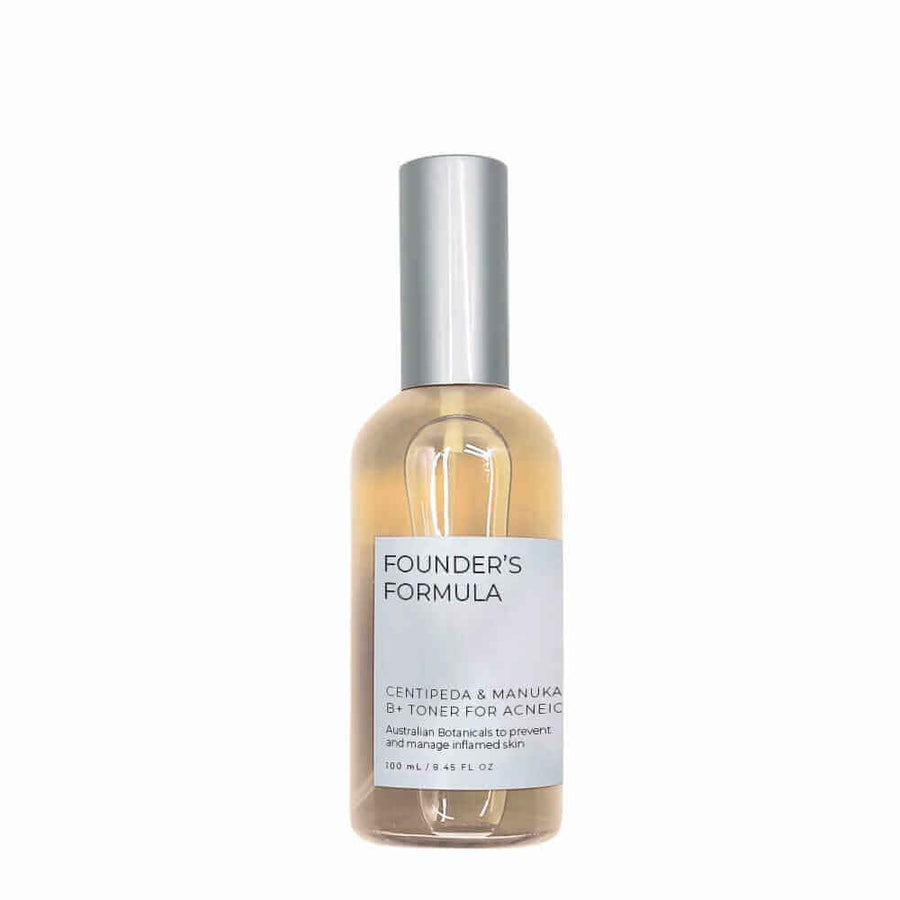
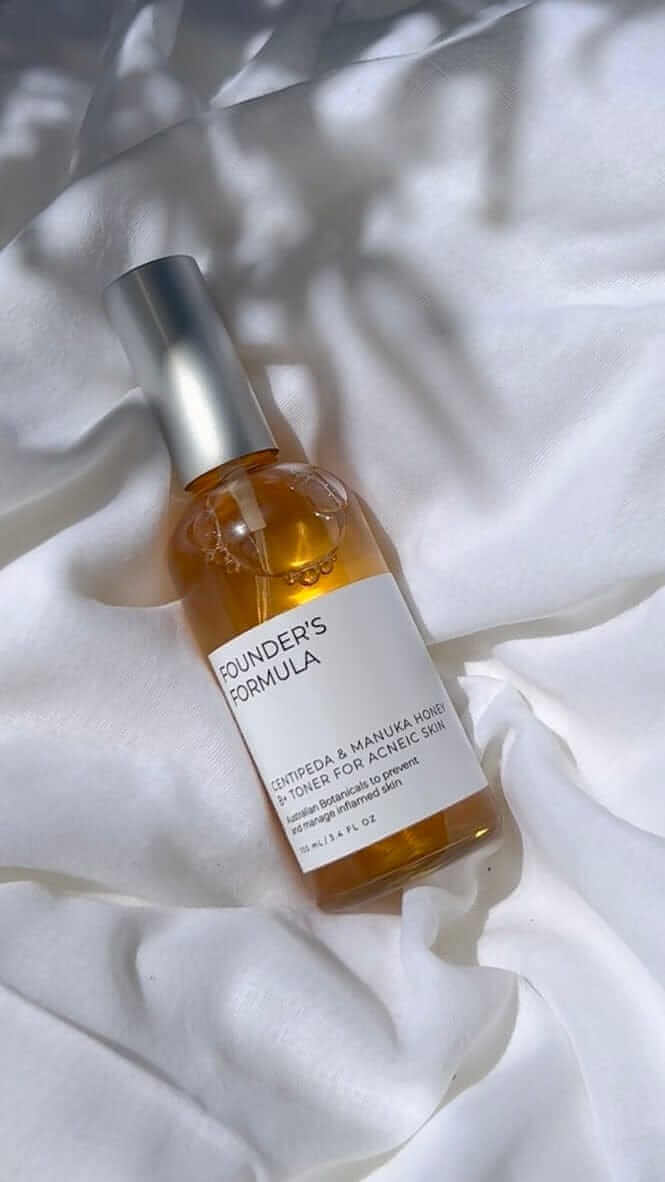


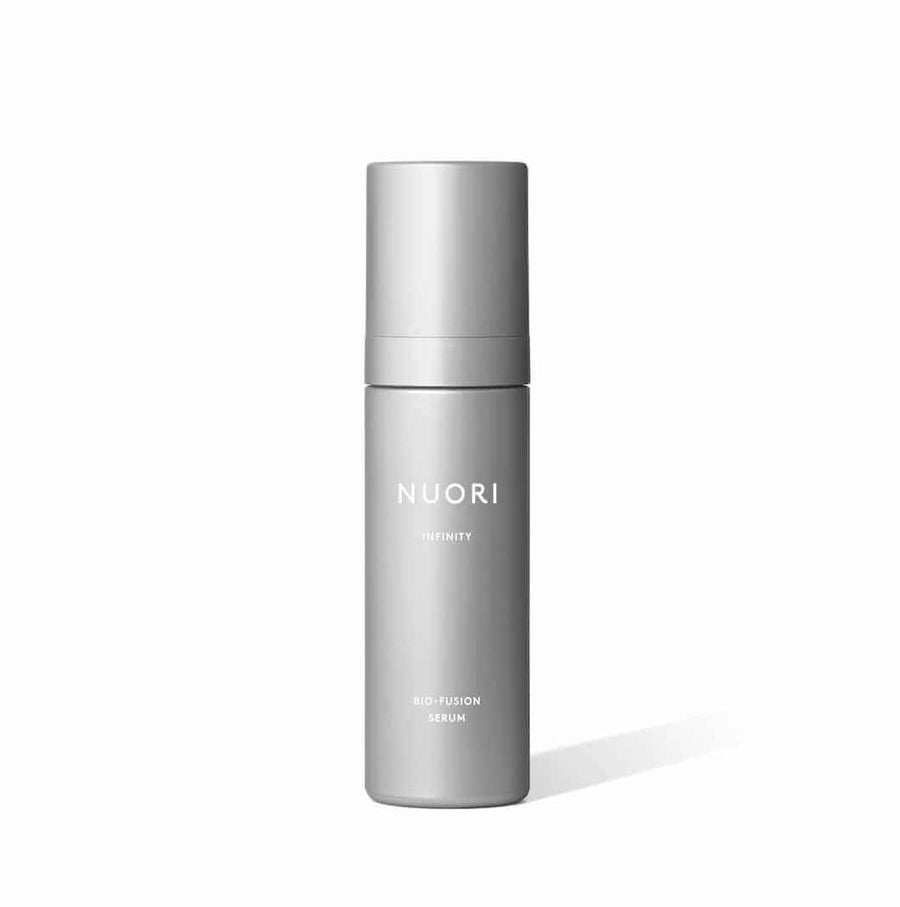
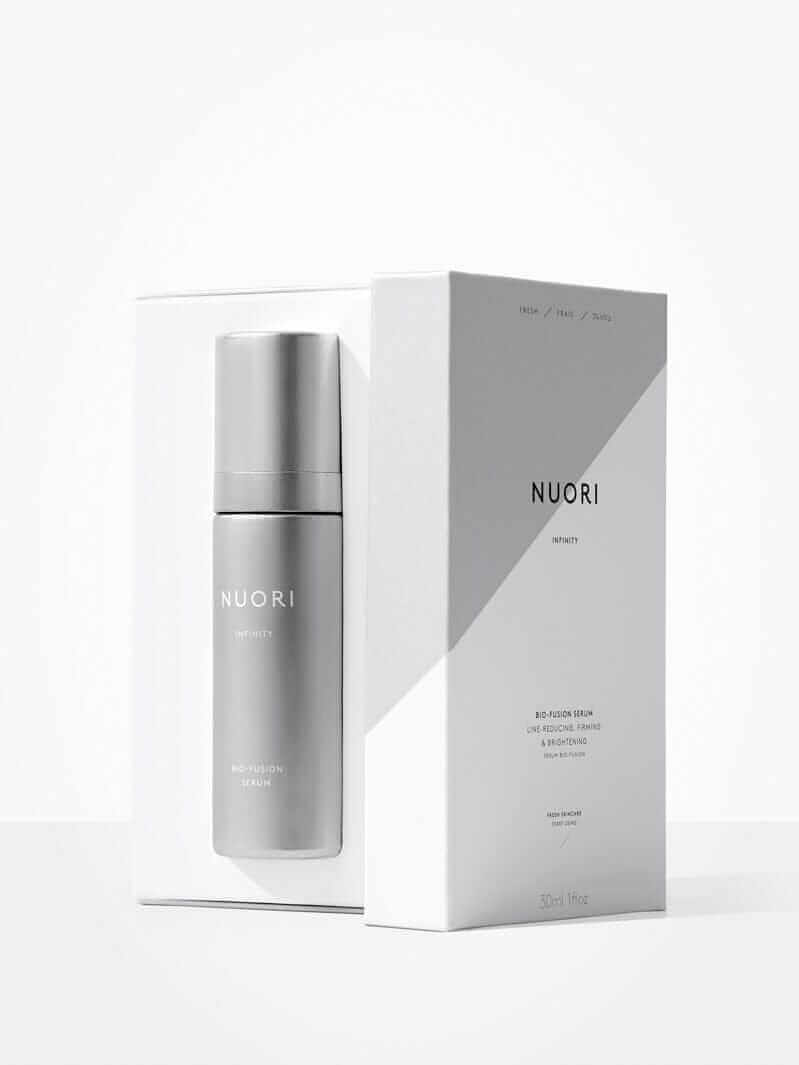

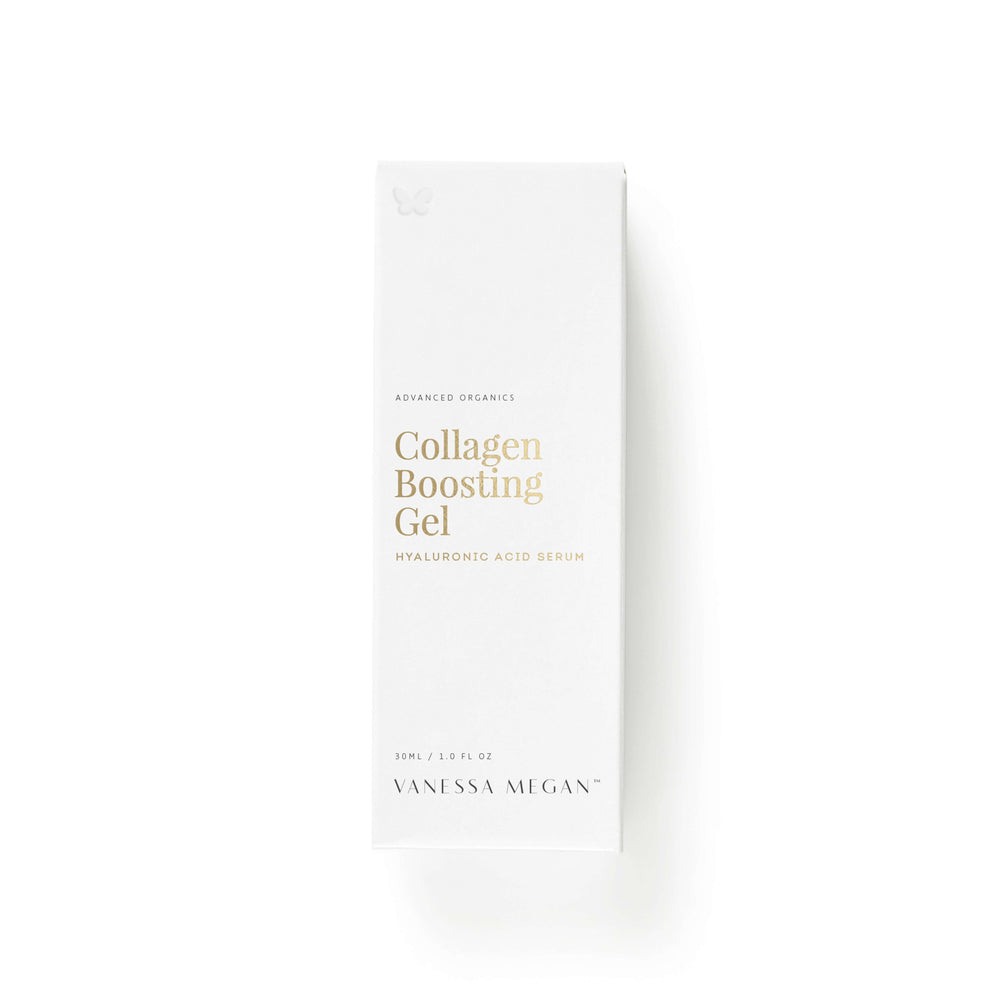
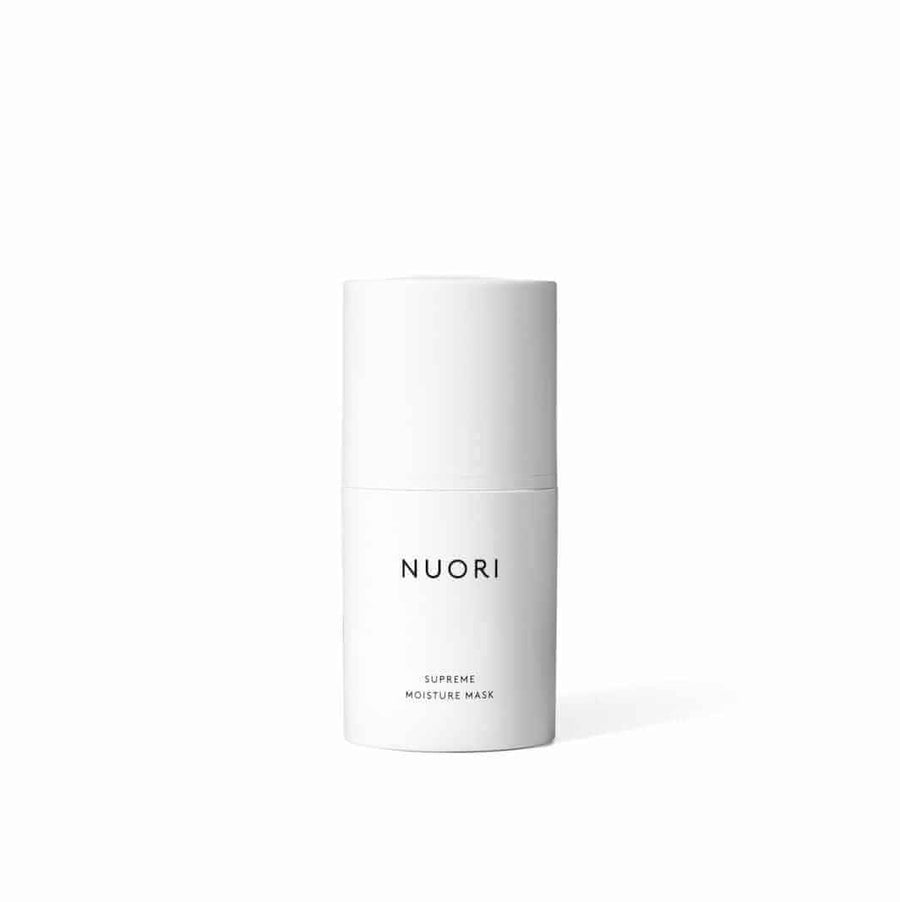
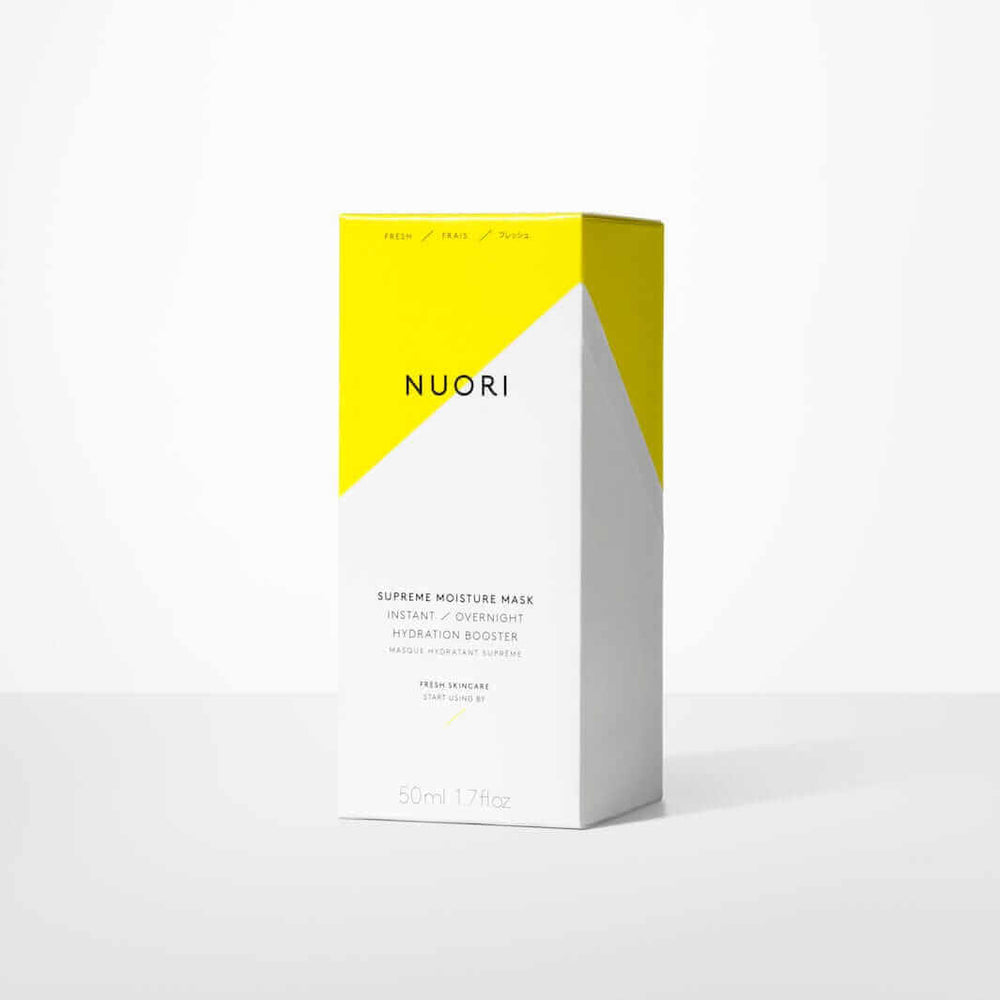
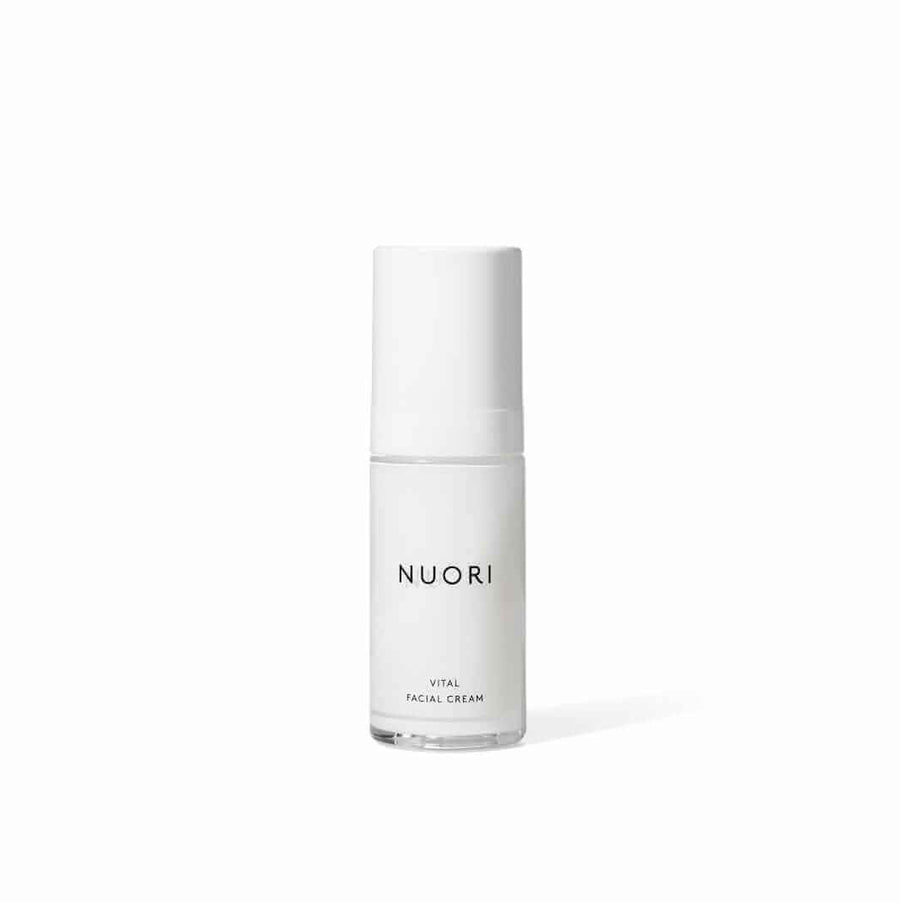

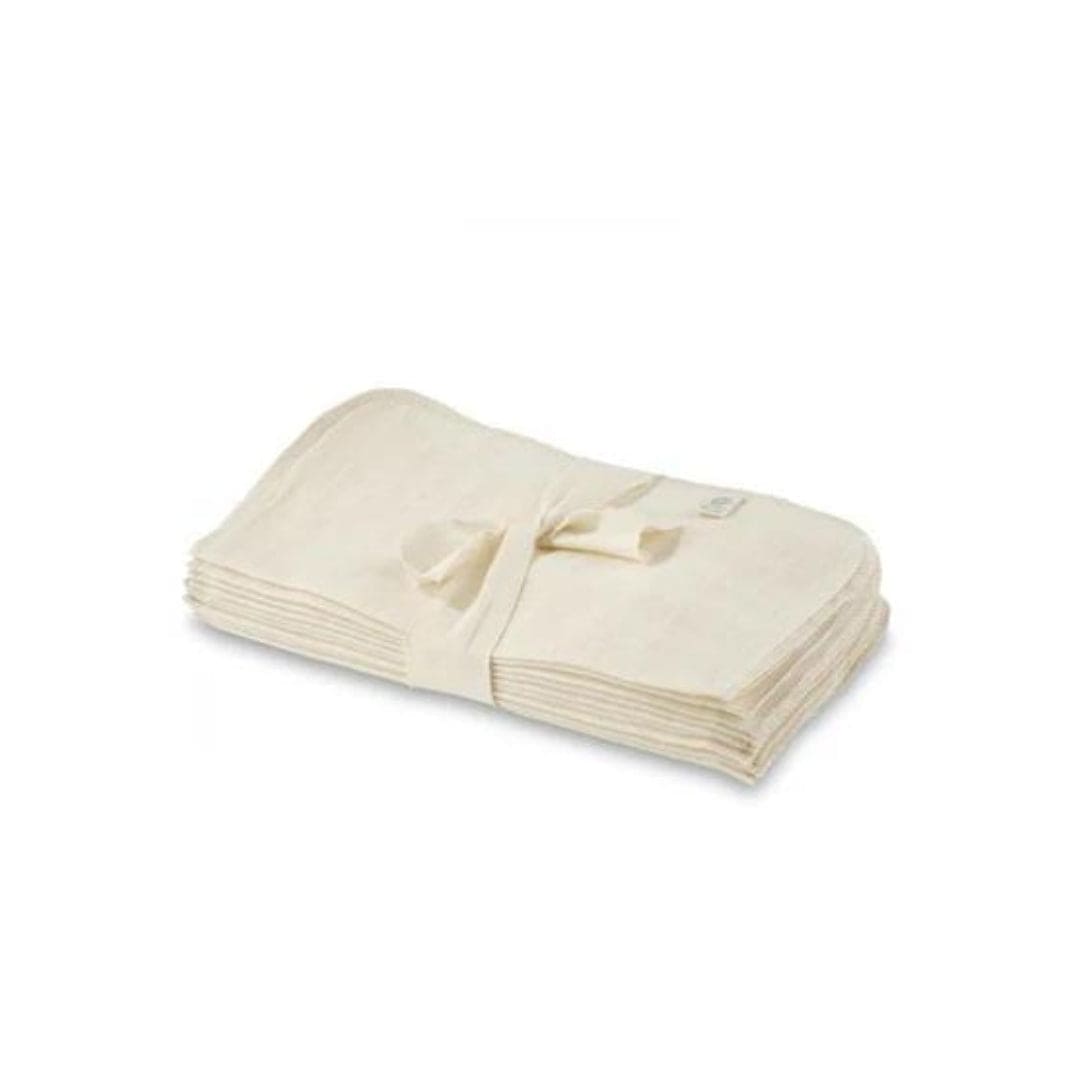
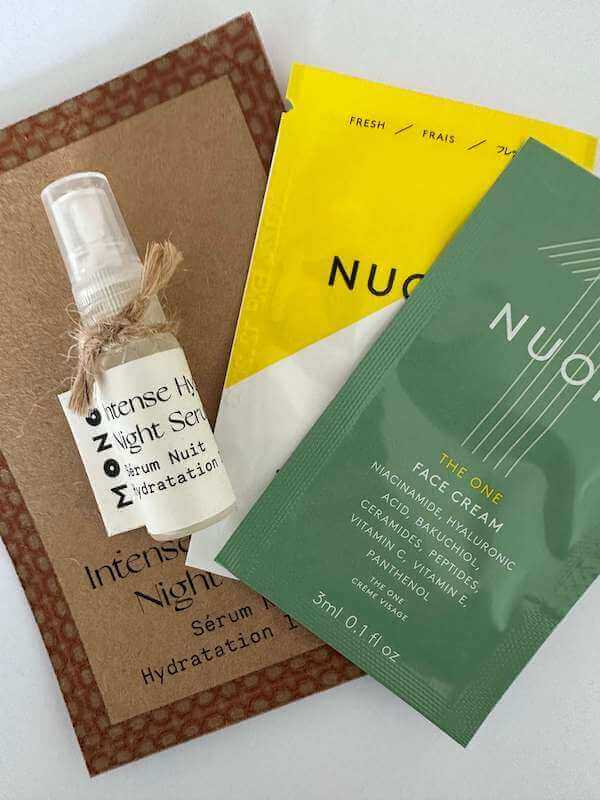
Leave a comment